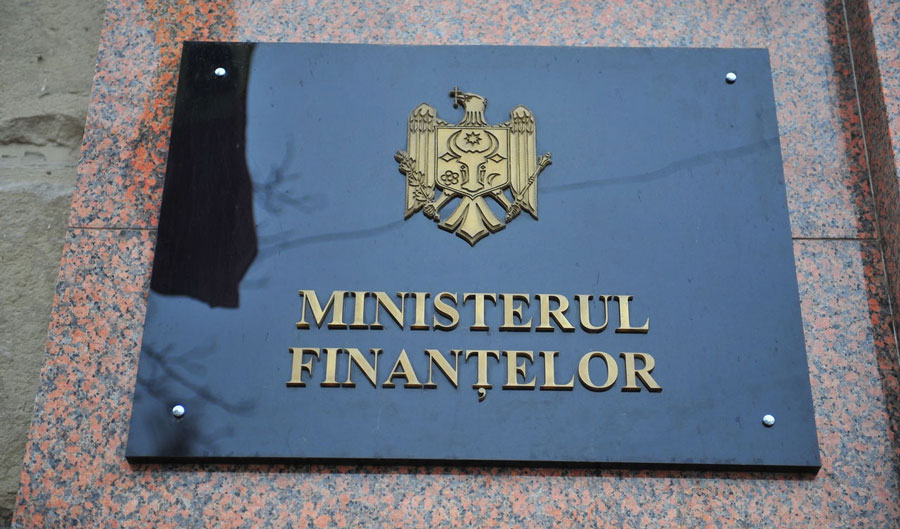
The idea of such a tax belongs to French economist Gabriel Zucman. The country’s budget problems have led to the resignation of the fifth government since January 2024, so politicians and economists are feverishly looking for extraordinary solutions to reduce the budget deficit without resorting to serious cuts in social and other spending.
Zucman has proposed that all French people with fortunes of more than €100 million should pay an annual tax of 2%. As according to Euronews, there are 1,800 super-rich people in France.
Wealth tax – a solution to the budget deficit in EU countries?
The wealth tax proposed by French economist Gabriel Zucman has sparked heated debates not only in France but also in other EU countries. How effective can this measure be?
Zucman tax or wealth tax. This topic is of interest to both French politicians and citizens. The proposal of economist Gabriel Zucman is that people whose wealth exceeds one hundred million euros annually pay a two percent tax. There are 1,800 super-rich people in France. The introduction of a tax on their wealth could additionally bring the budget about 20 billion euros, according to Gabriel Zucman.
His idea has received support among many French people. Polls have shown that the wealth tax is supported by about 86% of the French. And what is especially important – representatives of all political forces of the country. Supporters of this measure believe that it has a number of advantages in conditions of budget deficit and call the initiative tax justice.
Moreover, the idea has gone beyond France and has started to be actively discussed in other EU countries, especially those that also have serious budget deficits.
However, this assertion is disputed by other economists. They call for a balanced attitude to such initiatives, which can not only replenish the treasury, but also lead to unpredictable negative consequences for the economy. For example, the withdrawal of capital from the country or a decrease in investment activity.
“I don’t think we will reach 20 billion. Some estimates are more like 5 billion,” Mikael Petitjean, chief economist at Waterloo Asset Management and a professor at the Catholic University of Louvain, countered Zucman’s calculations. – But I doubt that, too. I think it’s quite possible that it won’t be profitable at all. Because, as I said, there are dynamics of behavioral adaptation that economists often underestimate, which means that people don’t let themselves be fooled. There are strategies that people can use to try to avoid this tax.”













